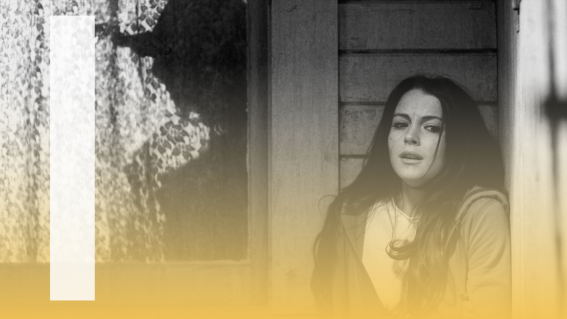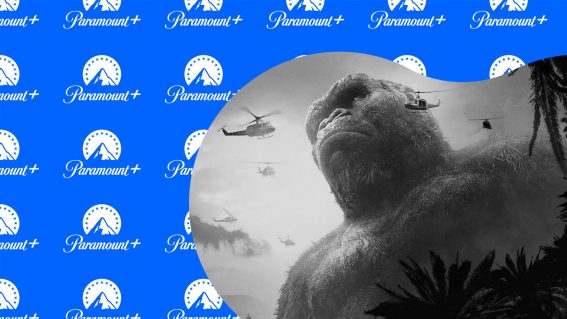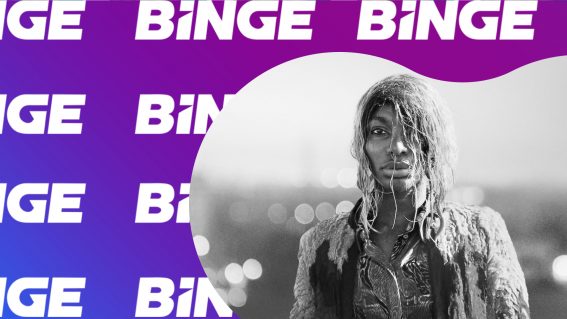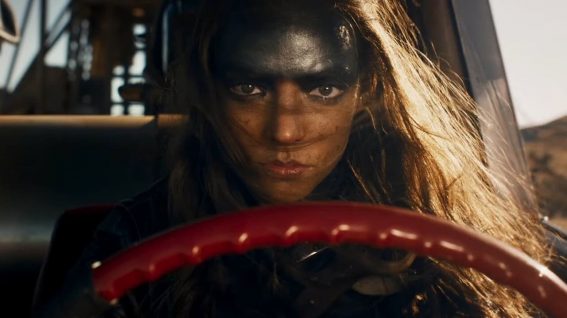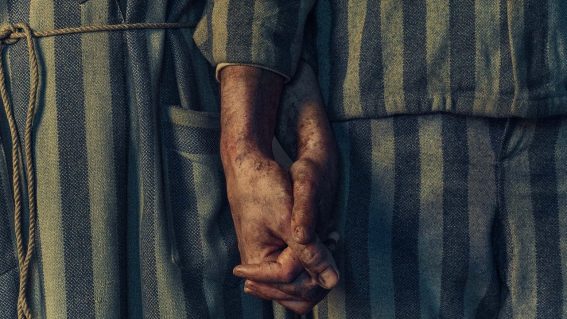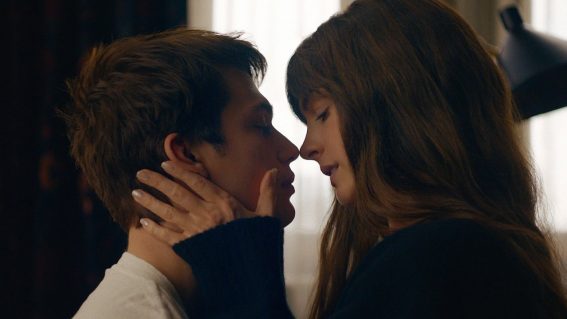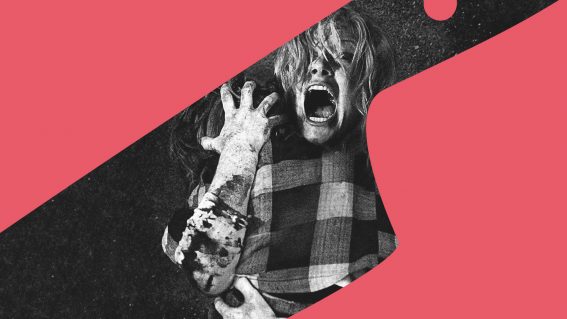Interview with Peter Weir, director of ‘The Way Back’
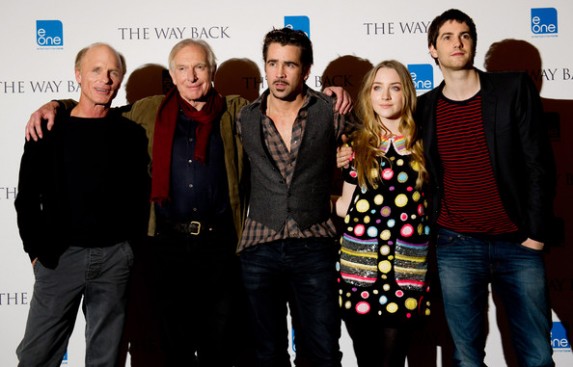
Screening at the World Cinema Showcase in Auckland, Wellington and Dunedin is The Way Back, a based-on-reality tale of survival as a group of Soviet prisoners escape a Siberian forced-labour camp in WWII and travel 4,000 miles through Siberia, the Gobi desert and the Himalayas to freedom. The films stars Ed Harris, Colin Farrell, Jim Sturgess and Saorise Ronan. Director Peter Weir (Master and Commander, The Truman Show) spoke to Flicks about his film…
—————————————-
FLICKS: What made you pick this story as one that had to be told?
PETER WEIR: I say no to everything and then go about my daily business, go to the supermarket, go down to the beach, and the damn thing sticks in my mind. It won’t leave me alone and if it’s occurring to me as I’m having a shower or something then I think ‘oh well, this is one I’ve got to make’. It’s the only way to get rid of them.
And what did your research involve?
We met with survivors in Siberia, Moscow and London. Wonderful old people who were up to meeting me and us videotaping the interview. They were sharp and time shrank. It’s not the black and white World War Two of the History channel – this was people sitting opposite you in their apartments in living colour, talking about their horrific experiences and it was seemed like it was a very short time ago to Europe.
I imagine the extremes of weather would be as tough for making the film on location as it was in reality for the characters?
Yeah, it could be pretty demanding physically but it gave us a reality for the actors. I think they really felt what these characters went through. The locations were pretty inspiring at times. We shot in Sahara, Morocco and it was fascinating to be in another culture. With the Siberian stuff – this was a country that had been one of the iron curtain countries – some of the crew had family who went deep into the forests. A lot of people wouldn’t take it on because it was going to be so demanding, possibly, but the people we got wanted this experience and relished it. It was quite an unforgettable shoot really.
When you’re on set, how do you work with the actors? How do you rehearse and get good performances out of them?
Well, if you’ve cast the people correctly, it’s just as the cliché goes, half the job is done. If the script is in good shape then really it’s creating an atmosphere in which it’s possible for them to feel the truth of the piece. It’s having a very high standard of sets, props, costumes and makeup and so forth. Then it’s almost possible not to feel it and therefore to avoid acting. That’s the only thing I say, ‘no acting permitted here. Just being.’ I give the actors a lot of research material but there’s not a lot of chat on the set. By that time it should be running itself and you just simply guide it, the actors or the scenes you’re shooting. It’s all in the preparation, the casting, that sort of thing. That kind of work is done.
So, casting – why did you pick these actors for the film?
Well, I’d always wanted to work with Ed Harris again and this part seemed just right for him. We’d worked before on The Truman Show. Jim Sturgess – I liked the quality that he has. I didn’t want the typical hero; he’s just got a quality that I’d seen in Across the Universe and meeting him confirmed it, a certain openness that I like very much, a very real and human person. Saorise Ronan – to cast a young girl in this film was tough and I don’t know where I would’ve got without her. She’s a very special person, she’s got an old actor’s soul in a young body. Colin Farrell – I’ve wanted to work with him for a while but I didn’t think that he would do it but to my delight he did.
How did you originally get into filmmaking?
Well, I was interested in show business. I didn’t know whether to be an actor or writer. I was seeing more than direction initially, then I began doing films or theatre shows. And I would act in those as well as direct them. It was a Terry Gilliam kind of start to my career and I found I was better behind the camera than in front of it so I stayed there.
I’ll finish off by asking you for any valuable tips for being a good filmmaker.
I think you’ve got to have a feel for it, you know, got a natural talent for a start and then I think you learn by watching other films. And I think you become flexible. Books don’t do you much good when you’re really in the thick of it; it’s difficult each time you go out no matter how much experience you have. But each new film presents entirely new challenges and you could easily make a mistake, it sort of keeps on your toes.

